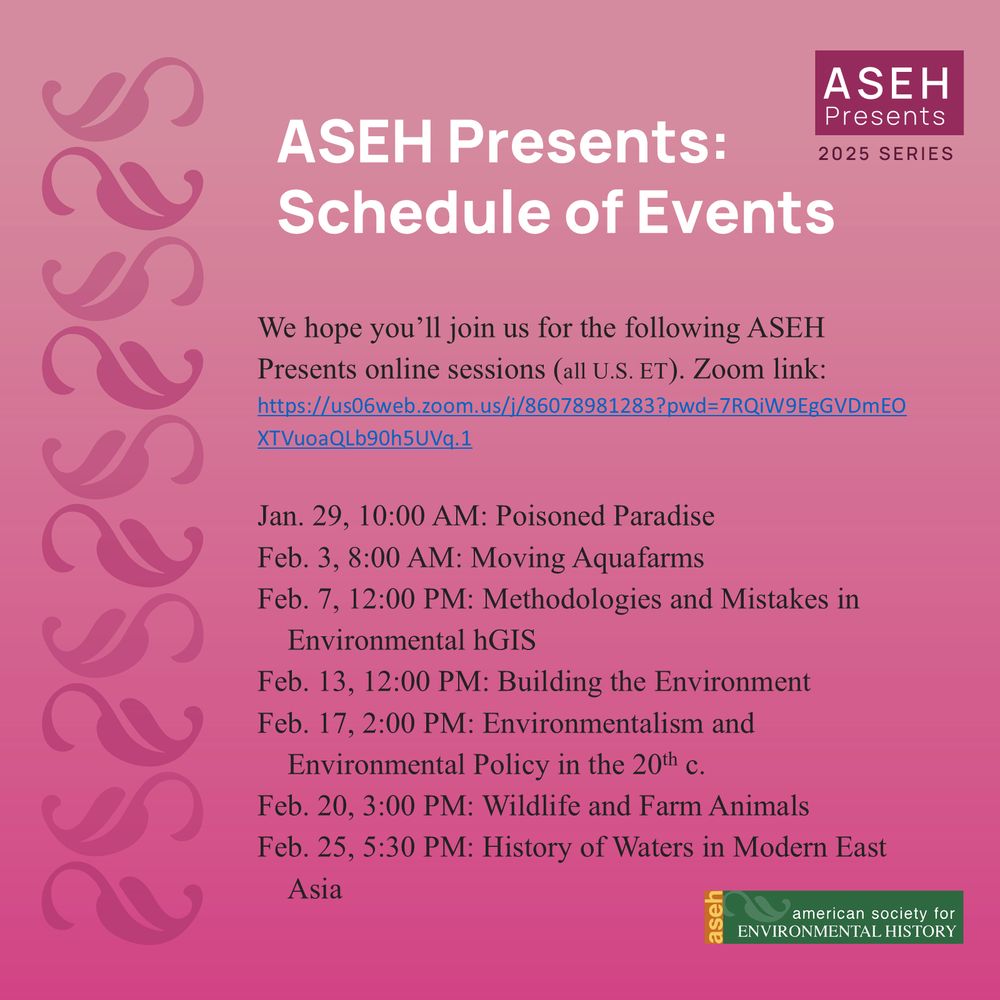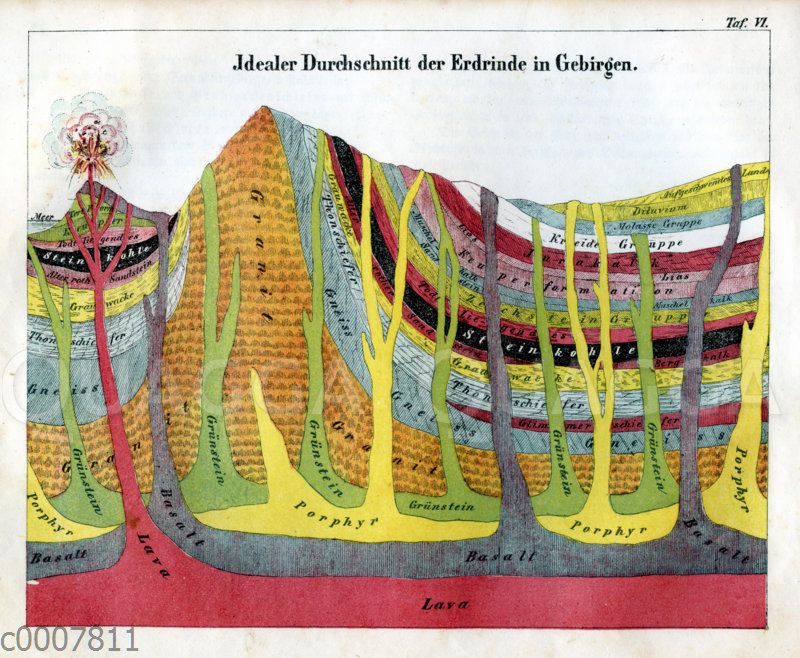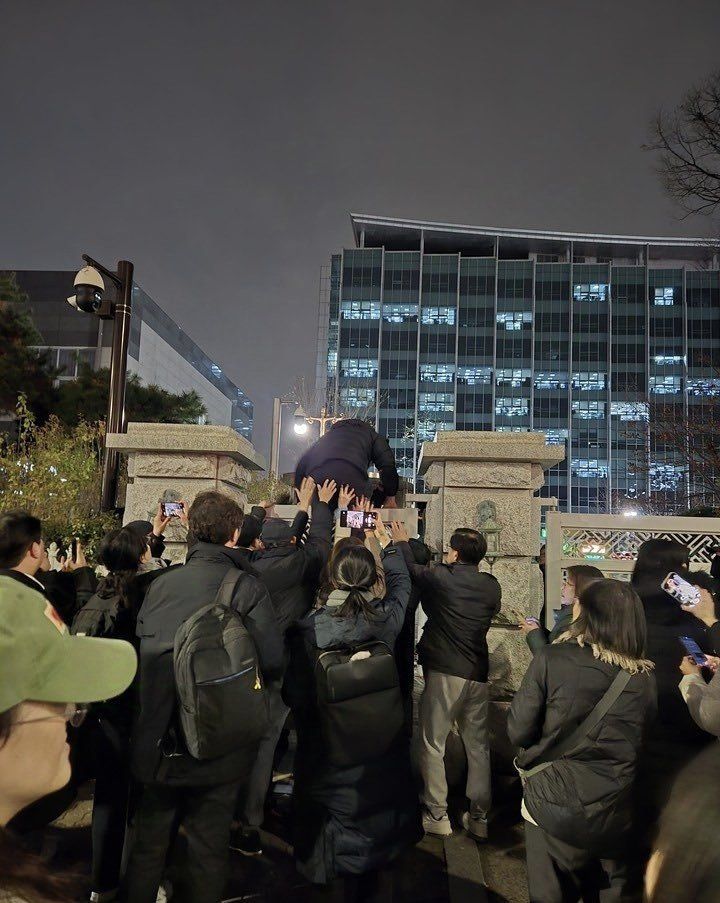charlotte
@chaciav.bsky.social
1.9K followers
430 following
21 posts
working on the environmental, social, and economic history of Japan and Korea, seaweeds, peasants, and merchant capitalism.
Posts
Media
Videos
Starter Packs
charlotte
@chaciav.bsky.social
· Jun 3
Reposted by charlotte
Reposted by charlotte
Reposted by charlotte
Reposted by charlotte
charlotte
@chaciav.bsky.social
· Nov 25
charlotte
@chaciav.bsky.social
· Nov 18
charlotte
@chaciav.bsky.social
· Nov 18
charlotte
@chaciav.bsky.social
· Nov 17
charlotte
@chaciav.bsky.social
· Nov 16
charlotte
@chaciav.bsky.social
· Nov 16
charlotte
@chaciav.bsky.social
· Nov 16
Reposted by charlotte














